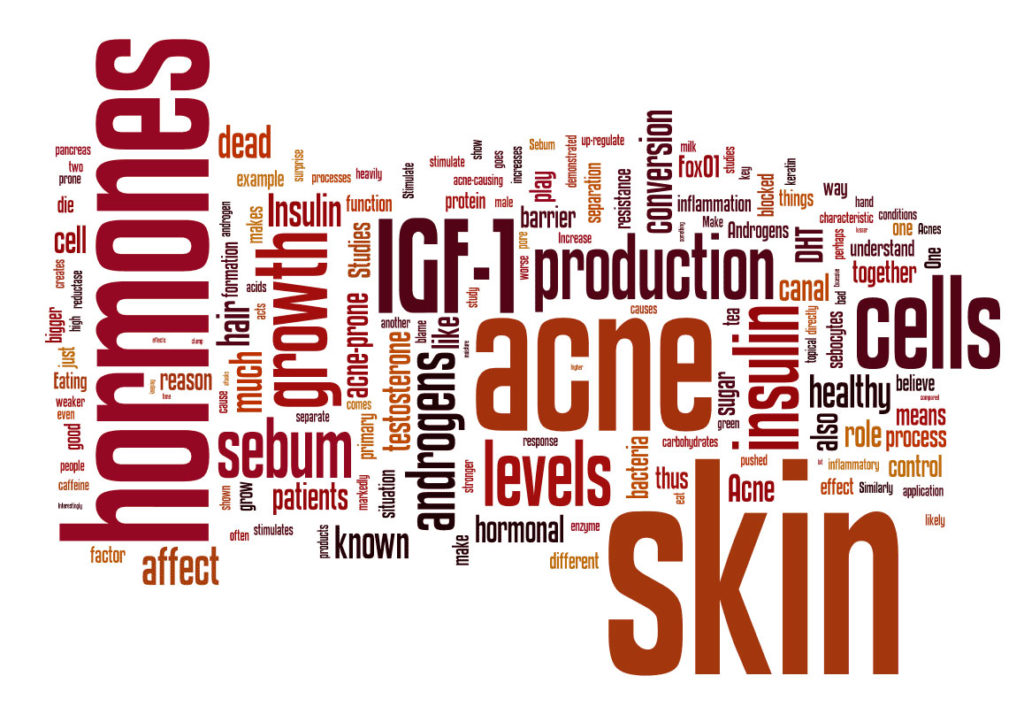Are you ready for an exciting journey into the fascinating world of plasmalogen research? If you’re not already familiar with this cutting-edge field, get ready to be blown away by its potential impact on our understanding of neurodiversity, namely autism and ADHD and even brain injuries and neurological degenerative conditions.
So, what exactly are plasmalogens? These are a special type of phospholipid molecule found in the cell membranes of many different organisms. They play a critical role in cell signalling, membrane fluidity, and overall cellular health. And as it turns out, a growing body of evidence suggests plasmalogen deficiencies may be linked to a range of neurological disorders, including autism and ADHD.
One of the most exciting aspects of plasmalogen research is the potential for new supportive therapy options. Researchers are currently exploring a number of different approaches, from dietary supplements to gene therapies, that could help boost plasmalogen levels in individuals with neurological needs. This could greatly impact their quality of life, potentially improving everything from cognition to social skills.
But that’s not all! Plasmalogen research is also helping to shed light on some of the underlying causes of these disorders. For example, studies have shown that individuals with autism and ADHD often have lower levels of plasmalogens in their blood and brain tissue compared to neurotypical individuals. This suggests that plasmalogen deficiencies may be a key factor in the development of these neurological differences.
Of course, like any emerging field, there is still much to be learned in the plasmalogen research field. But with new studies and breakthroughs happening all the time, it’s an exciting time to be following this field. And who knows? In the years to come, we may look back on plasmalogen research as a major turning point in our understanding of autism and ADHD. So if you’re interested in the latest and greatest in neuroscience research, be sure to keep an eye on plasmalogen research – it’s sure to be an exciting ride!
Contact Dr Kathleen & Team to order your Prodromesan Blood Test Collection Kit to measure hundreds of biomarkers and key biochemical systems critical for optimal health. We can then assess if utilising a plasmalogen dietary supplement (practitioner-recommended only) is appropriate.
References:
- Plasmalogen Deficiency and Autism Spectrum Disorder” by Yeap et al. (2019) – This study provides an overview of the link between plasmalogen deficiencies and autism spectrum disorder (ASD).
- Plasmalogen Replacement Therapy in Neurodegenerative Disorders” by Wood et al. (2020) – This paper discusses the potential of plasmalogen replacement therapy as a treatment option for neurodegenerative disorders.
- Plasmalogens and Alzheimer’s Disease: A Review” by Farooqui and Horrocks (2001) – This review explores the role of plasmalogens in Alzheimer’s disease.
- Plasmalogens: a potential therapeutic target for neurodegenerative and cardiometabolic disease” by Contreras et al. (2021) – This article provides an overview of the therapeutic potential of plasmalogens for a range of disorders, including neurodegenerative diseases and cardiometabolic disorders.
- Plasmalogens and their therapeutic potential in neurological diseases” by Farooqui et al. (2015) – This review summarizes the current understanding of plasmalogens and their potential as a therapeutic target for neurological disorders.




